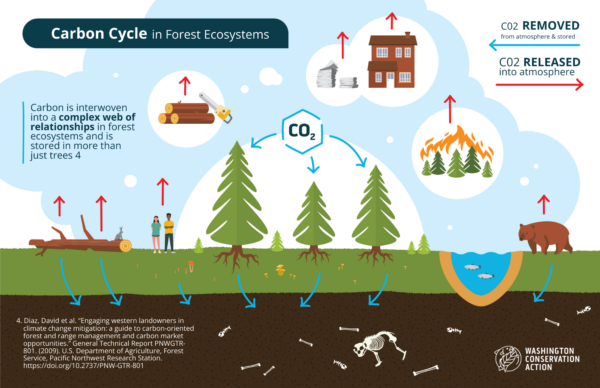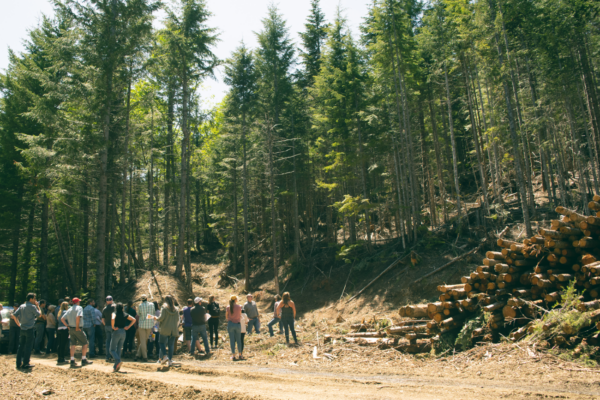Rethinking Rural brought together over 50 people from all over the country to create connections between folks living and working in rural communities and to share lessons about topics like: bringing and keeping the next generation of rural leaders home, stewarding natural resources and building rural economies for the future.
Along the way, we were reminded of three valuable lessons that we are bringing to our work.

Start with Openhandedness: Openhandedness means showing up with your hand out to greet with respect, not to judge or challenge. Rural communities come in all kinds of different shapes and sizes. For us to do our work well, we have to keep this diversity in mind and meet people where they are about the issues that matter most to them in their daily lives.
Rural-Urban Linkages Matter: We hear so much about the “urban-rural” divide. Yet, there are so many ways that urban and rural communities are tied together to support one another. We have to focus on building the social, cultural and economic connects that we have across places and landscapes to build a sustainable future.
Young People are Leaders: It was inspiring to see so many young people come together and talk about the love they have for their communities and the commitment they carry to make them more equal, just and resilient. Empowering the next generation to take on the challenges facing rural communities is the key to a sustainable future.

At WEC, we have been working hard to bring investments to rural communities for working forest conservation that protects jobs and the many benefits that forests provide.
Chimacum Ridge: WEC along with our partners at the Jefferson Land Trust worked during the legislative session to protect 850 acres of a working forest that will provide economic and environmental benefits to the community in Jefferson County. Not only will this forest continue to provide sustainable jobs for rural communities but it will also protect critical wildlife habitat, safeguard water supplies, and mitigate against the impacts of climate change forever.
Clean Water State Revolving Fund: The Department of Ecology adopted new rules changes (thanks to action from WEC members like you) to allow the Clean Water State Revolving Fund to be used to permanently protect working forests from development and aggressive harvest practices. This move opened up one of the largest sources of funding for green infrastructure and forest conservation projects in the state.

At WEC, we see our rural communities as a treasured asset full of tremendous opportunity when it comes to transitioning to a sustainable future for the state of Washington. We’d love to know more about what you find so inspiring about Washington’s rural landscapes and communities.
Take our three question survey and let us know!



